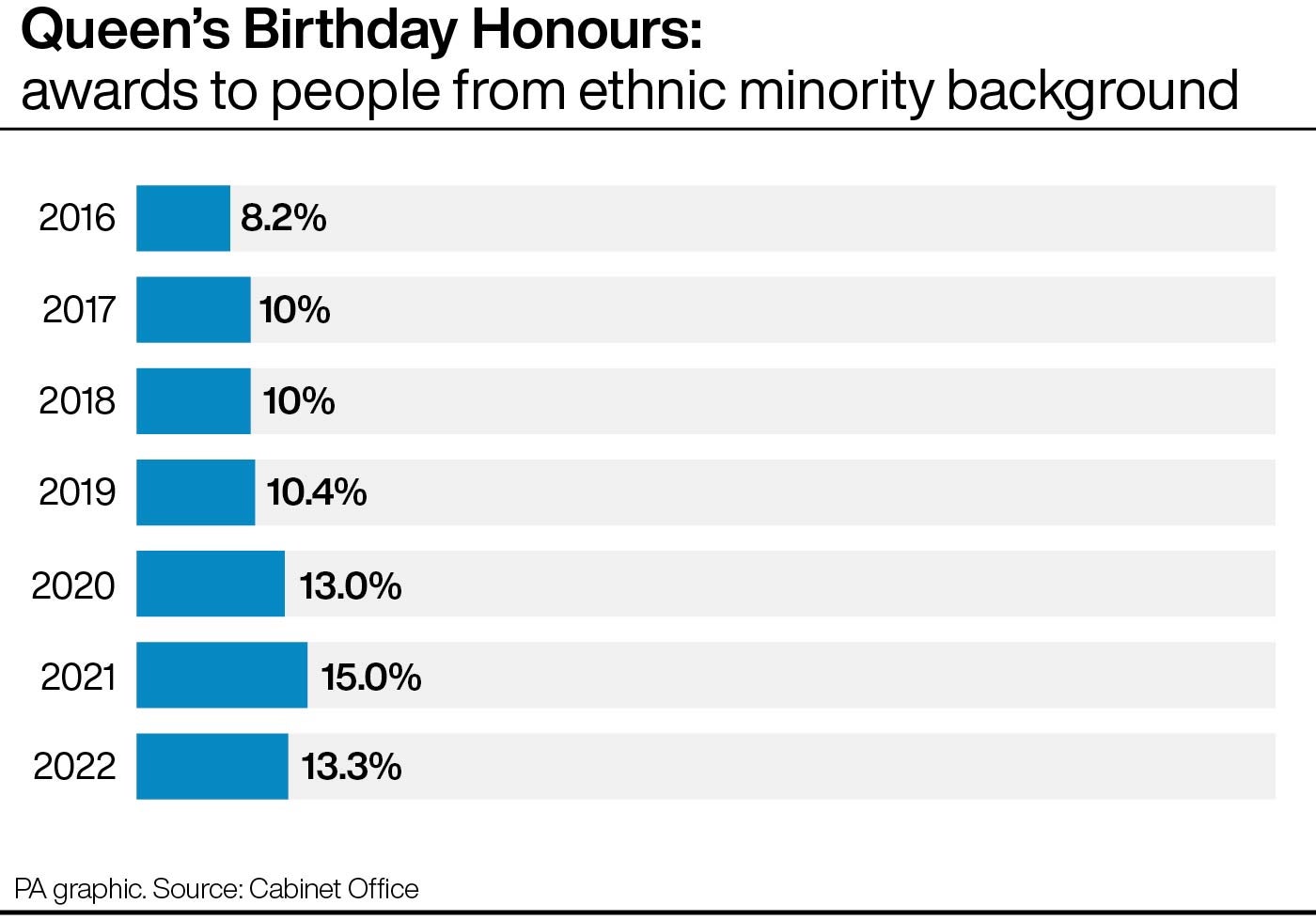
An academic whose Covid-19 research played a key role during the pandemic has been knighted in the Queen’s Birthday Honours list.
Professor Aziz Sheikh, chairman of primary care research and development at the University of Edinburgh, is being honoured for services to Covid-19 research and policy.
The university said that throughout the Covid-19 pandemic, his research as part of the EAVE study was vital in demonstrating the real-world effectiveness of the Oxford-AstraZeneca and Pfizer-BioNTech vaccines.
The way this global community of scholars pulled together to seek urgent answers to the unprecedented challenge posed by Covid-19 was both humbling and inspiring
Through the EAVE II study, he and his team were the first to reveal that the Omircon variant was less severe and resulted in fewer hospital admissions than the Delta variant.
Sir Aziz thanked all those who supported him, saying: “I’ve had the privilege of working with outstanding colleagues from across the University of Edinburgh, Scotland, the UK and internationally as we have collectively sought to undertake applied translational research with the aim of improving population health.
“The way this global community of scholars pulled together to seek urgent answers to the unprecedented challenge posed by Covid-19 was both humbling and inspiring.
“I feel honoured to have had the opportunity to work with these colleagues in the fight against Covid-19, generating answers that have helped policymakers take decisions that have enabled a degree of normality to return to all of our lives.

“Science is a team effort and I am most grateful to all those who have supported me, whether through my education and training, providing a stimulating and supportive academic environment, research funding, or mentoring and collegiality. To all of these wonderful colleagues and institutions, my sincere thanks.
“These last couple of years have been particularly challenging for my family as the intensity of the Covid-19 work has been all-consuming at times.
“My family have, however, been nothing but supportive throughout my research journey, and to them also my heartfelt thanks.”
Sir Aziz is now researching other key vaccine issues directly informing the Covid-19 response.
He was previously made an OBE for services to medicine in 2014.







